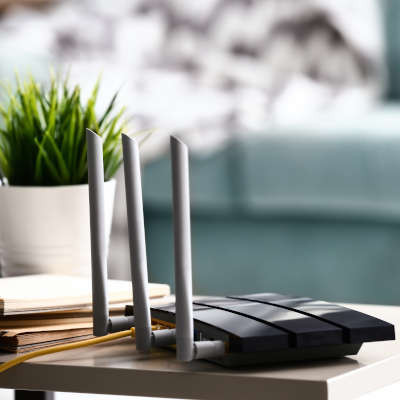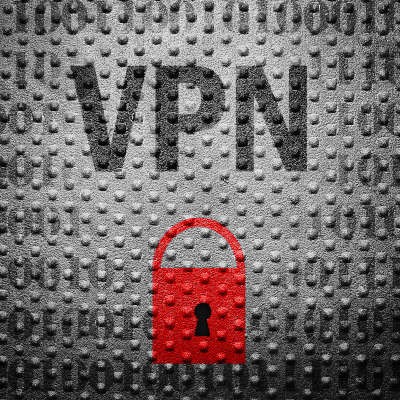Ferrum Technology Services Blog
Keeping your business’ Internet connections secure is paramount in the quest to maintain cybersecurity. There really isn’t any other option. Fortunately, protecting your business’ wireless connections isn’t that difficult. This month, we will go through a few steps that you can take to help keep your Wi-Fi connection secure.
Businesses today need to have a robust and secure wireless network, but building one isn’t always that easy. Since there are a lot of machines that use your business’ Wi-Fi—from core machines that are essential to your business’ productivity, to IoT devices that your employees or customers bring onto the network—it is important to understand how best to structure your wireless networks to meet the demands that are put on them.
People are constantly using Wi-Fi. In fact, 87 percent of people admit to using public Wi-Fi connections, which consequently is one of the most common ways to get data stolen or devices inundated with malware. With so many people depending on Wi-Fi, and your business looking to use it for enhanced collaboration, we thought we should discuss a few hot tips to get you started in the right direction.
Most homes and businesses use Wi-Fi of some sort. It is the most useful way to get the computing resources to computers and mobile devices without having to go through the headache of laying cables and dealing with data overages. What you may not know about your Wi-Fi network is that it can be set up in a way that can ensure that your most important Wi-Fi processes get the bandwidth they need. Let’s take a look at how partitioning your Wi-Fi can benefit your business.
Wireless Internet connectivity is an indispensable utility in today’s modern office. However, implementing one that will perform optimally is far from a straightforward task. Here, we wanted to offer you some tips to make the planning process for your Wi-Fi implementation both simpler, and more productive.
Small business owners are always looking for a way to improve their companies. It has been difficult to do so in 2020 as the COVID-19 shutdown has everyone playing defense. One way businesses have forged ahead is by allowing their staff to work from home. Many businesses use a VPN to facilitate this remote productivity, but there are business risks in doing so.
Businesses’ data needs are changing. Over the past few years, more care about data security, and with the amount of dangerous threats expanding as well, it is important to ensure that any technology moves you make don’t end up putting your business in harm’s way. Today, we’ll talk about the pros and cons of wiring up your computer network.










